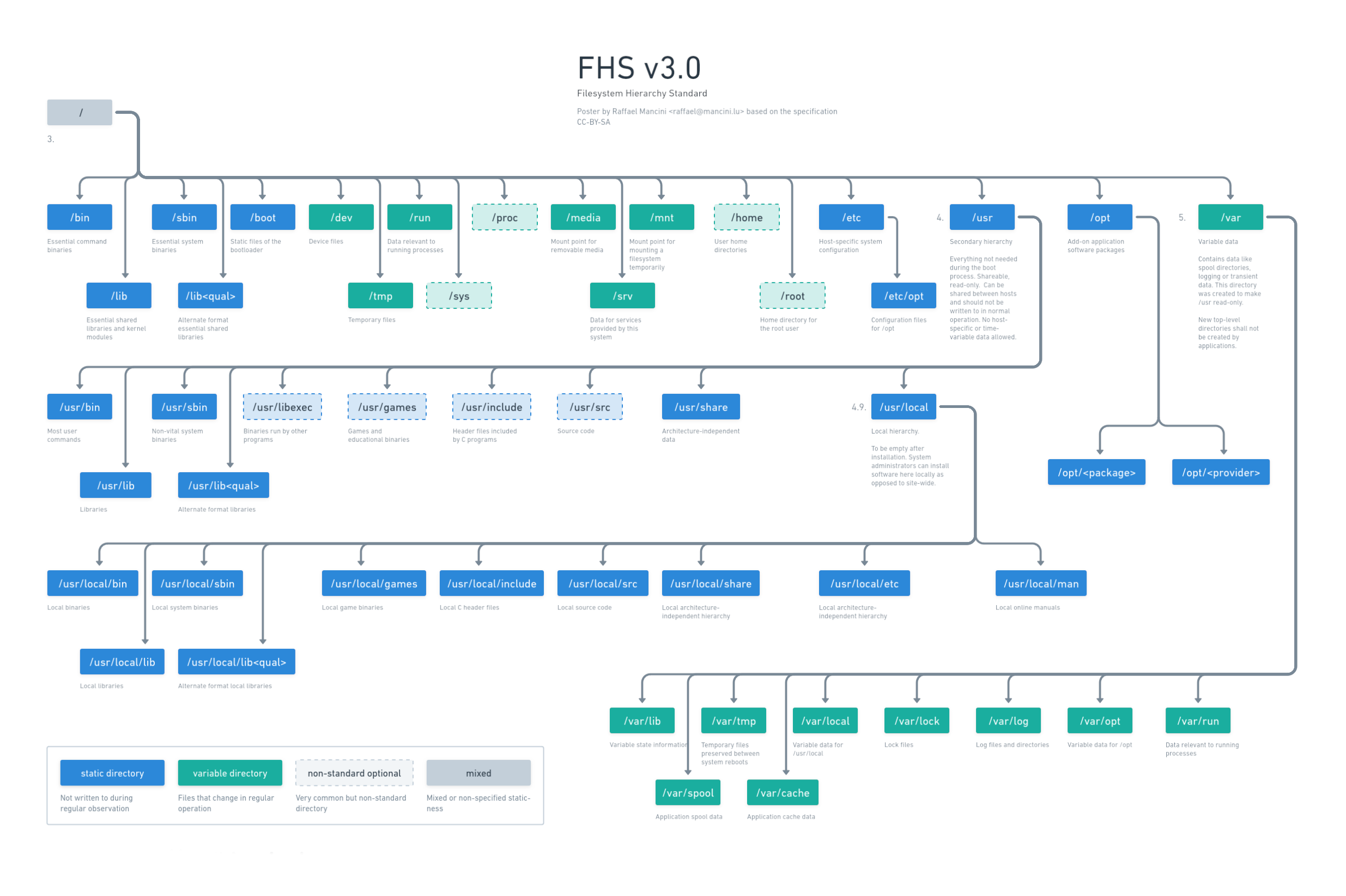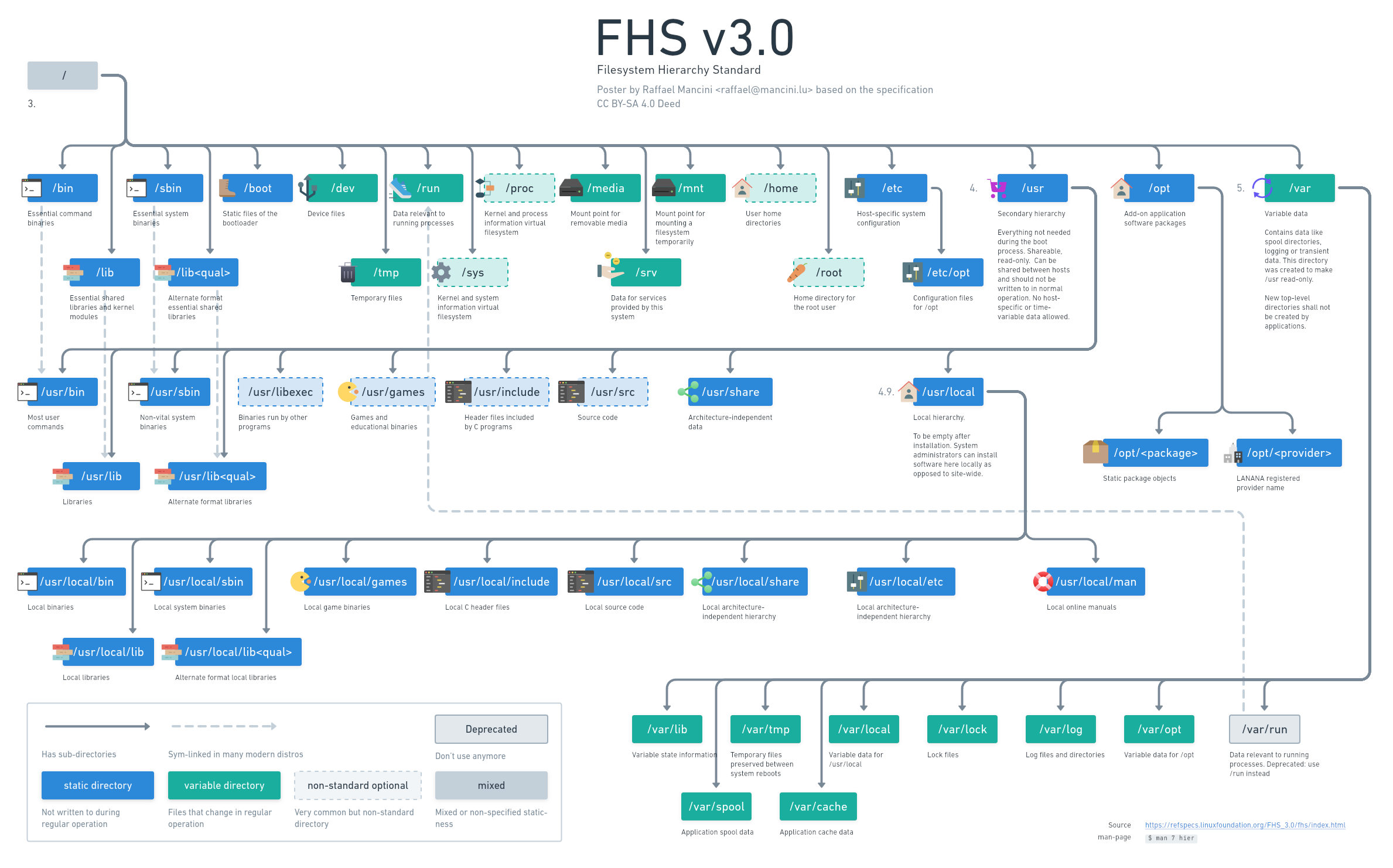this post was submitted on 11 Dec 2023
560 points (98.4% liked)
Linux
48338 readers
475 users here now
From Wikipedia, the free encyclopedia
Linux is a family of open source Unix-like operating systems based on the Linux kernel, an operating system kernel first released on September 17, 1991 by Linus Torvalds. Linux is typically packaged in a Linux distribution (or distro for short).
Distributions include the Linux kernel and supporting system software and libraries, many of which are provided by the GNU Project. Many Linux distributions use the word "Linux" in their name, but the Free Software Foundation uses the name GNU/Linux to emphasize the importance of GNU software, causing some controversy.
Rules
- Posts must be relevant to operating systems running the Linux kernel. GNU/Linux or otherwise.
- No misinformation
- No NSFW content
- No hate speech, bigotry, etc
Related Communities
Community icon by Alpár-Etele Méder, licensed under CC BY 3.0
founded 5 years ago
MODERATORS
you are viewing a single comment's thread
view the rest of the comments
view the rest of the comments



Where should I mount my additional internal HDD's?
/media doesn't fit cause they aren't removable
/mnt doesn't fit cause they aren't mounted temporarily
Currently I have them mounted as /home/user/data and /home/user/backup.
Any reason not to do it like this?
If they are internal and permanent (read: unlikely to be removed on a daily basis), I'd just mount them based on their purpose and not them being separate HDDs physically. If they are meant for logs, mount them at /var/log. If they are meant for your movies, /home/user/data is more than fine. In general FHS describes the directory hierarchy, not which parts of it are mountpoints and which are physically on the same media. Technically you're fine having each and every directory on a separate HDD.